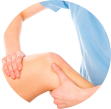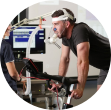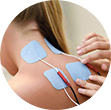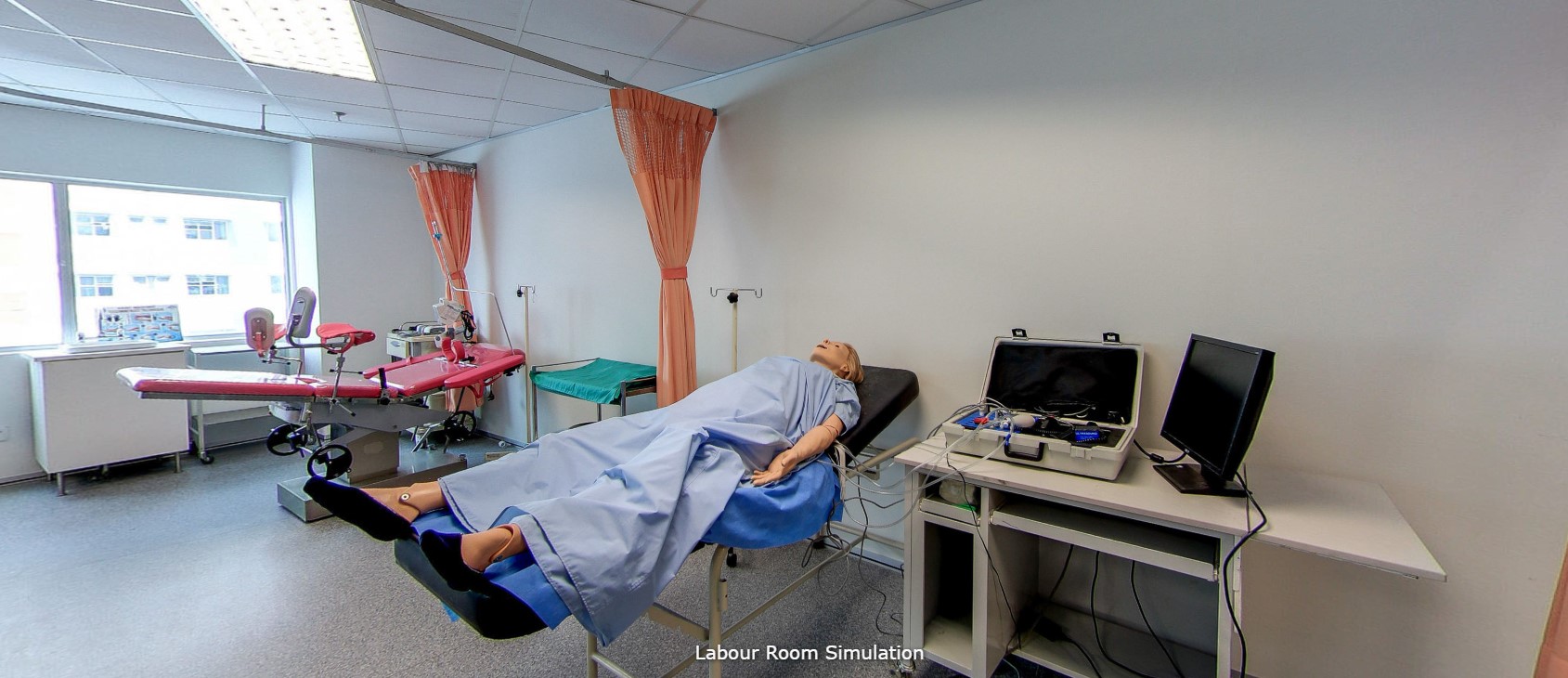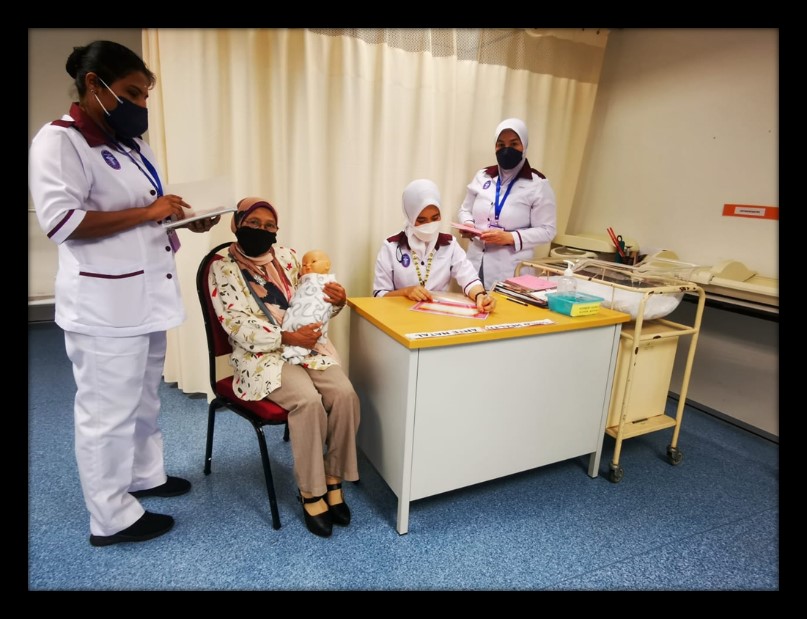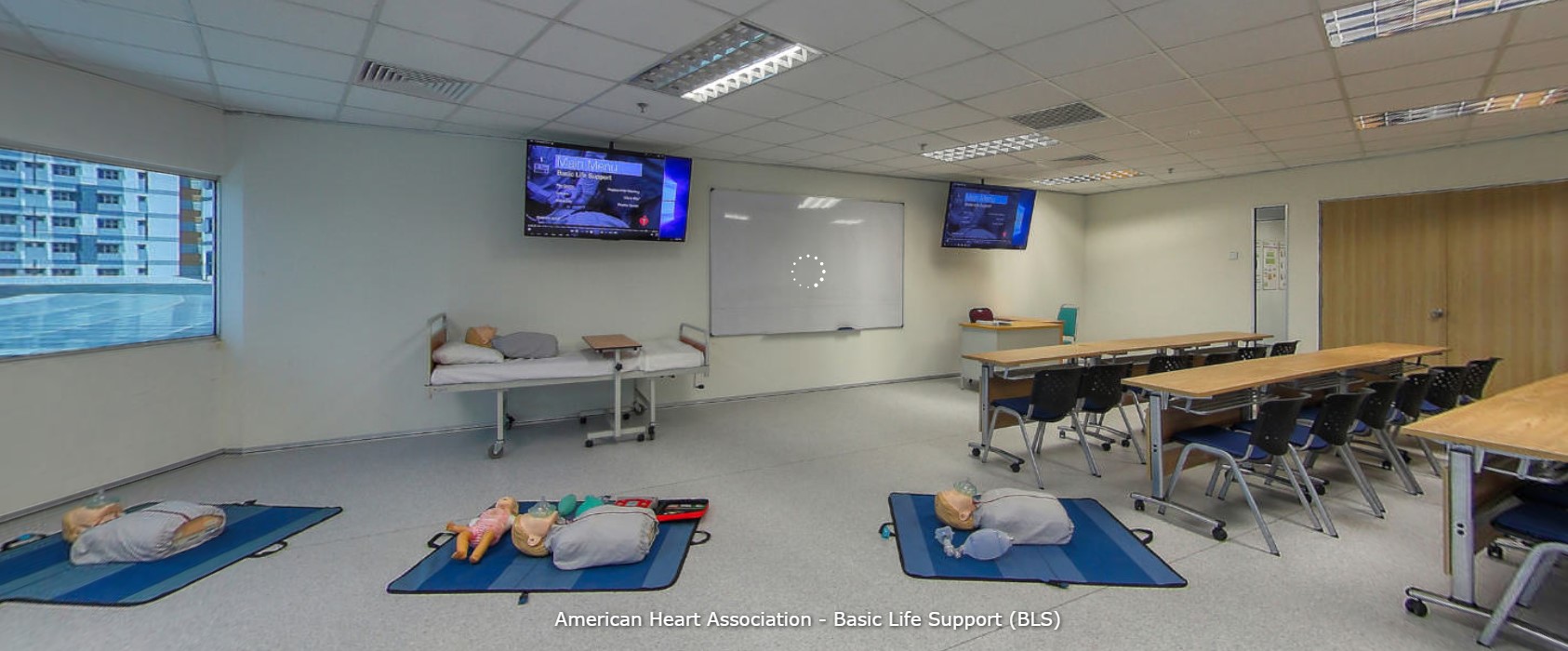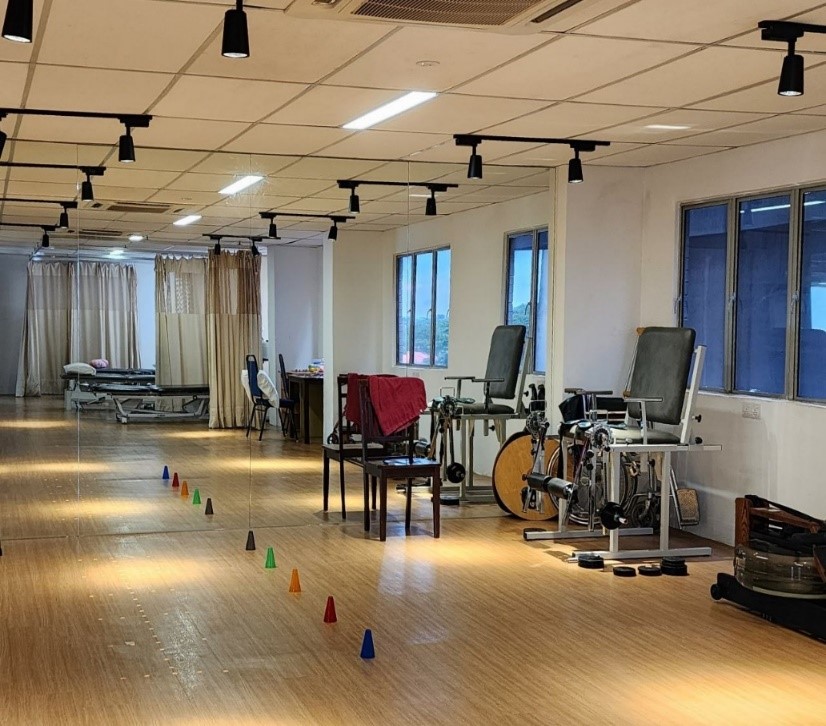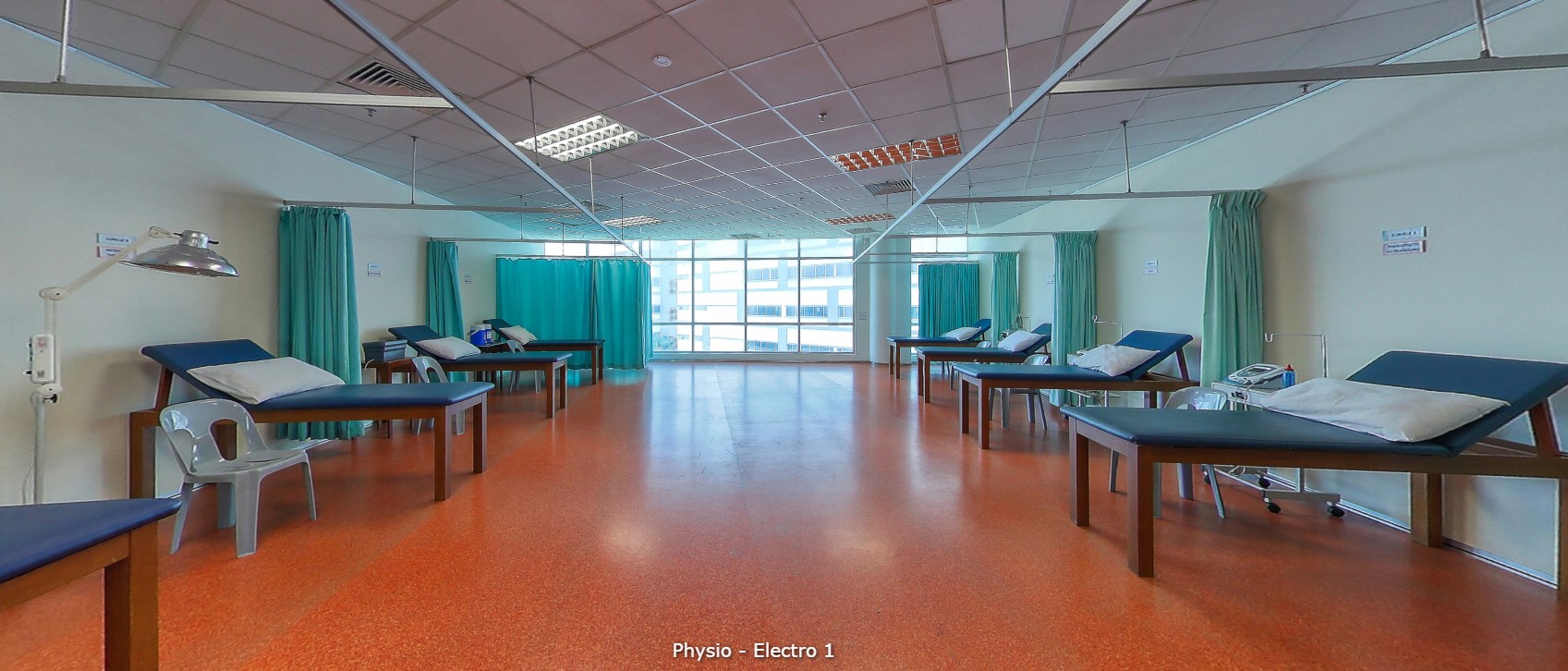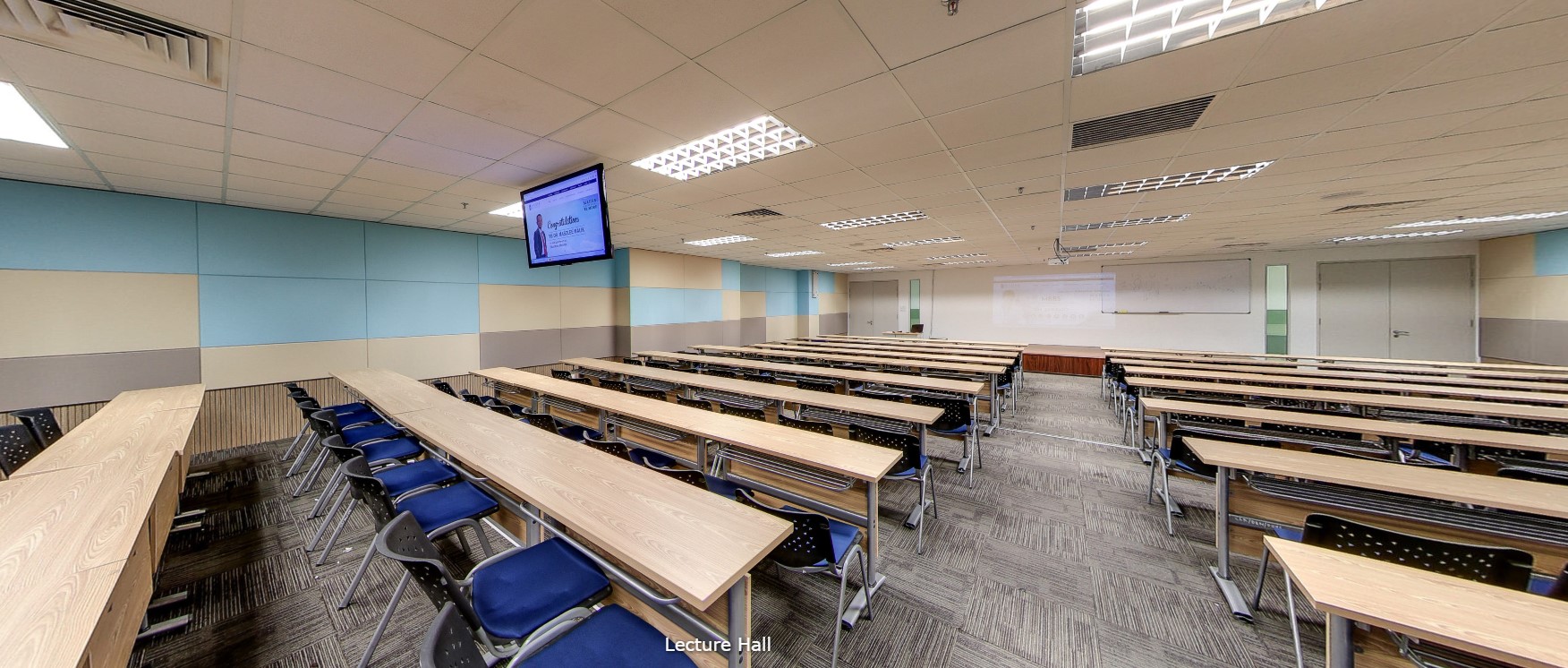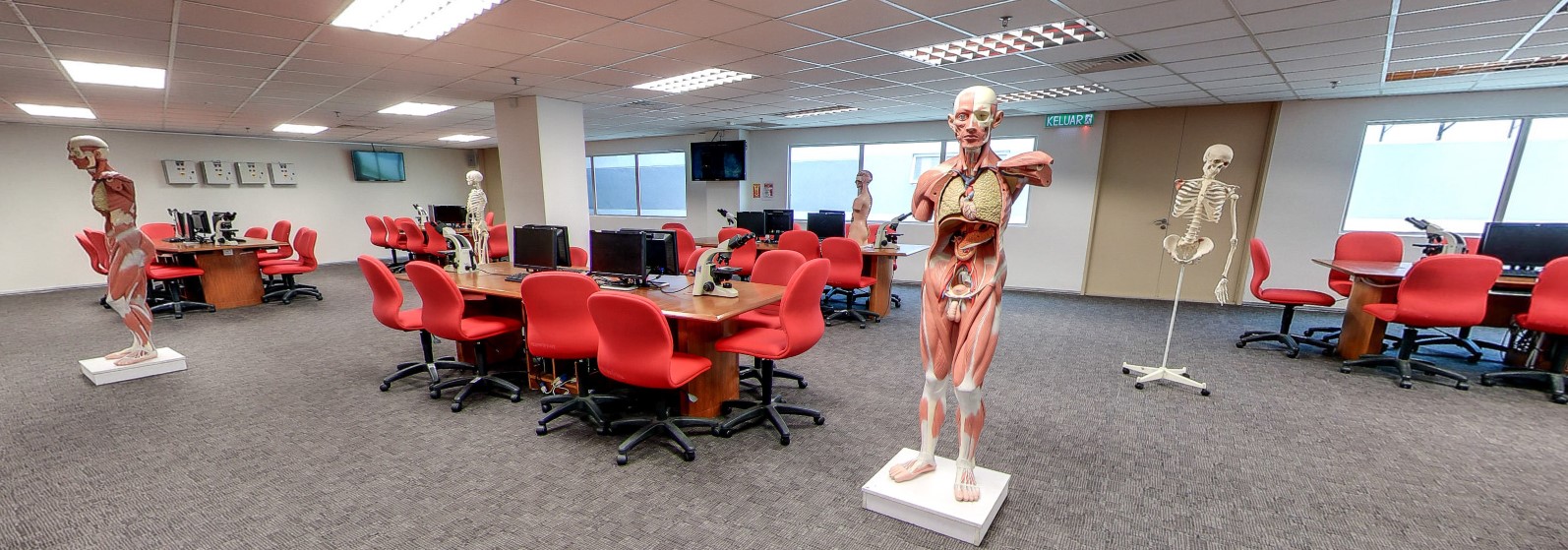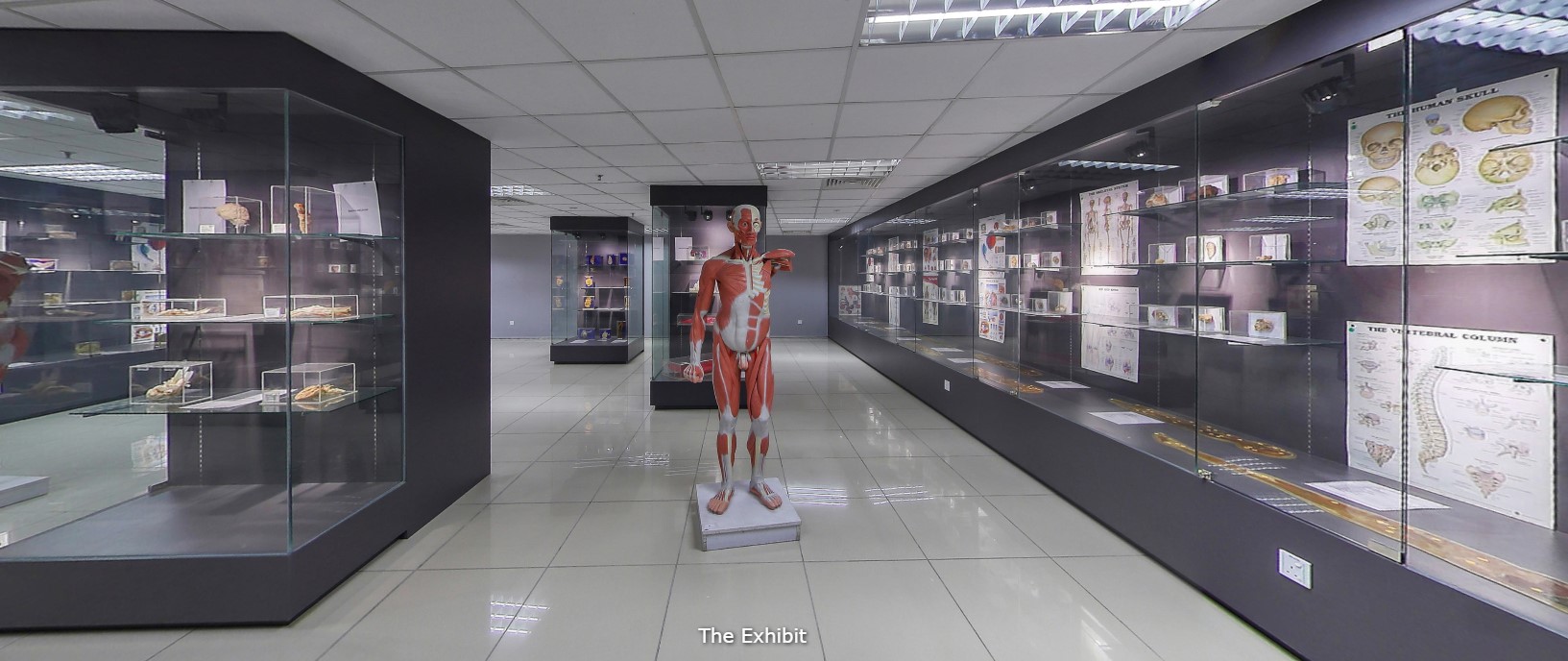 Programmes
Programmes

in Teaching and Learning
 Student Experience & Student Success
Student Experience & Student Success
 Infrastructure & Sustainability
Infrastructure & Sustainability
MAHSA Physiotherapy Clinic (MAHSA Health) with IR- 4.0 in Patient care
Nursing Simulation Lab
Labour Room Simulation Lab
Emergency Resuscitation Triage Simulation
Basic Life Support Simulation Lab
Advanced Life Support Simulation Lab
Medical Imaging Simulation Lab
Physiotherapy Practical Lab
Lecture Halls
Auditorium
Digital anatomy lab for the in-depth Basic science study
 Research & Innovation
Research & Innovation
OUR KEY RESEARCH FOCUS AREAS ARE : - Physiotherapy :
1. Pain Management : Exploring non-pharmacological interventions, such as exercise, manual therapy, and innovative technologies, for chronic pain relief.
2. Rehabilitation Robotics : Advancing the development of robotics in assisting and enhancing physical therapy for individuals recovering from injuries or with disabilities.
3. Sports Performance and Injury Prevention : Researching techniques and exercises to prevent sports injuries and optimize athletic performance.
4. Aging and Mobility : Investigating interventions to improve mobility and function in elderly populations, including fall prevention strategies.
5. Neurological Rehabilitation : Focusing on innovative approaches for stroke, traumatic brain injury, or spinal cord injury rehabilitation.
Nursing :1. Patient-Centered Care Models : Developing and assessing new models of care that prioritize patient needs, preferences, and outcomes.
2. Mental Health Nursing : Exploring interventions and strategies for improving mental health care delivery, especially in vulnerable populations.
3. Chronic Disease Management : Studying innovative nursing practices for managing chronic conditions like diabetes, cardiovascular diseases, and respiratory illnesses.
4. Telehealth and Remote Monitoring : Investigating the efficacy and implementation of telehealth technologies and remote monitoring in nursing care.
5. Ethical and Cultural Competence : Researching ways to enhance cultural competence and ethical decision-making in nursing practice, especially in diverse and global healthcare settings.
Environmental Health :1. Climate Change and Health Impacts : Investigating the health consequences of climate change and identifying strategies to mitigate these impacts.
2. Air and Water Quality : Assessing the health effects of pollutants in air and water and developing interventions to improve environmental quality.
3. Occupational Health and Safety : Researching ways to enhance workplace safety, reduce occupational hazards, and promote worker health.
4. Vector-Borne Diseases : Studying the relationship between environmental factors (like temperature and rainfall) and the spread of vector-borne diseases like malaria, dengue, and Lyme disease.
5. Community Health and Policy Interventions : Examining the impact of policies and community-based interventions on environmental health outcomes, especially in underserved areas.
Occupational Safety and Health :1. Occupational Risk Assessment, Workplace Ergonomics, Psychosocial Factors in the Workplace, Occupational Health and Safety Management Systems, Occupational Health Interventions, Occupational Injury Prevention, Health Surveillance in the Workplace, Occupational Health Policies and Regulations, Emerging Occupational Health Issues, Occupational Exposure Assessment and Human Factors in Occupational Safety.
Education :1. Education Technology (EdTech) : Exploring the effectiveness of technology in education, developing innovative tools, analyzing their impact on student learning, and understanding how to integrate them into the curriculum.
2. Pedagogical Approaches : Research into different teaching methods and their effectiveness in diverse learning environments, such as inquiry-based learning, flipped classrooms, project-based learning, etc.
3. Early Childhood Education : Studying the cognitive, social, and emotional development of young children, creating effective early education programs, and understanding the impact of early interventions on lifelong learning.
4. Language and Literacy Education : Researching language acquisition, literacy development, bilingual education, and strategies to improve reading and writing skills across various age groups.
5. Cultural and Socioeconomic Factors in Education : Investigating the influence of cultural diversity and socioeconomic status on educational achievement, exploring ways to promote equity and inclusivity in education.
Each of these areas offers substantial opportunities for research, advancement, and contribution to the respective fields.
In addition to the abovementioned core areas of research, we are also actively engaged in research in a number of other areas, including
Aging and health : This includes research on topics such as dementia, frailty, and geriatric care.
Disability and rehabilitation : This includes research on topics such as assistive technology, rehabilitation interventions, and disability policy.
E - health and telehealth : This includes research on topics such as telemedicine, elevtronic health records, and mobile health applications.
Industry Collaboration Programme with Malaysian Resources Corporation Berhad (MRCB) under TDA, Ministry of Finance Malaysia
FOHSNE successfully obtained a project grant under the Industry Collaboration Programme (ICP) of MRCB under TDA, Ministry of Finance to carry out research entitled Dengue Control in Construction Sites & Surrounding Neighbourhoods: An Environmentally Friendly, Multi-Modality Approach. The multi-modality approach developed by MAHSA University is more environmentally friendly compared to conventional methods and has no known resistance issues, unlike current agents in use. The project brings together the knowledge, skillset and experience of academicians, researchers and practitioners to implement based on scientific evidence, the best controls currently available for Dengue in the most practical manner and ensure continuous monitoring and evaluation are carried out to maximise efficacy. A control kit – MAHSA-Dengueshield kit was developed for this project.
Joint Research with Partner Universities
1. Joint research with University Putra Malaysia :
2. Joint Research under Matching Research Grant with Universitas Sriwijaya, Indonesia:
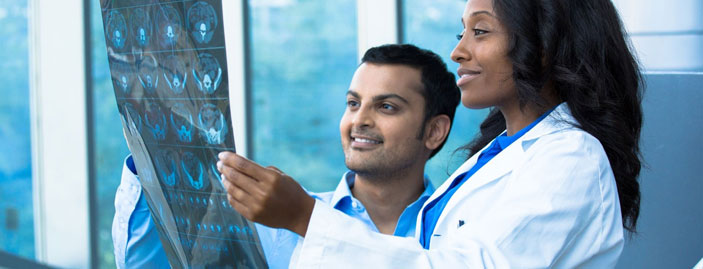

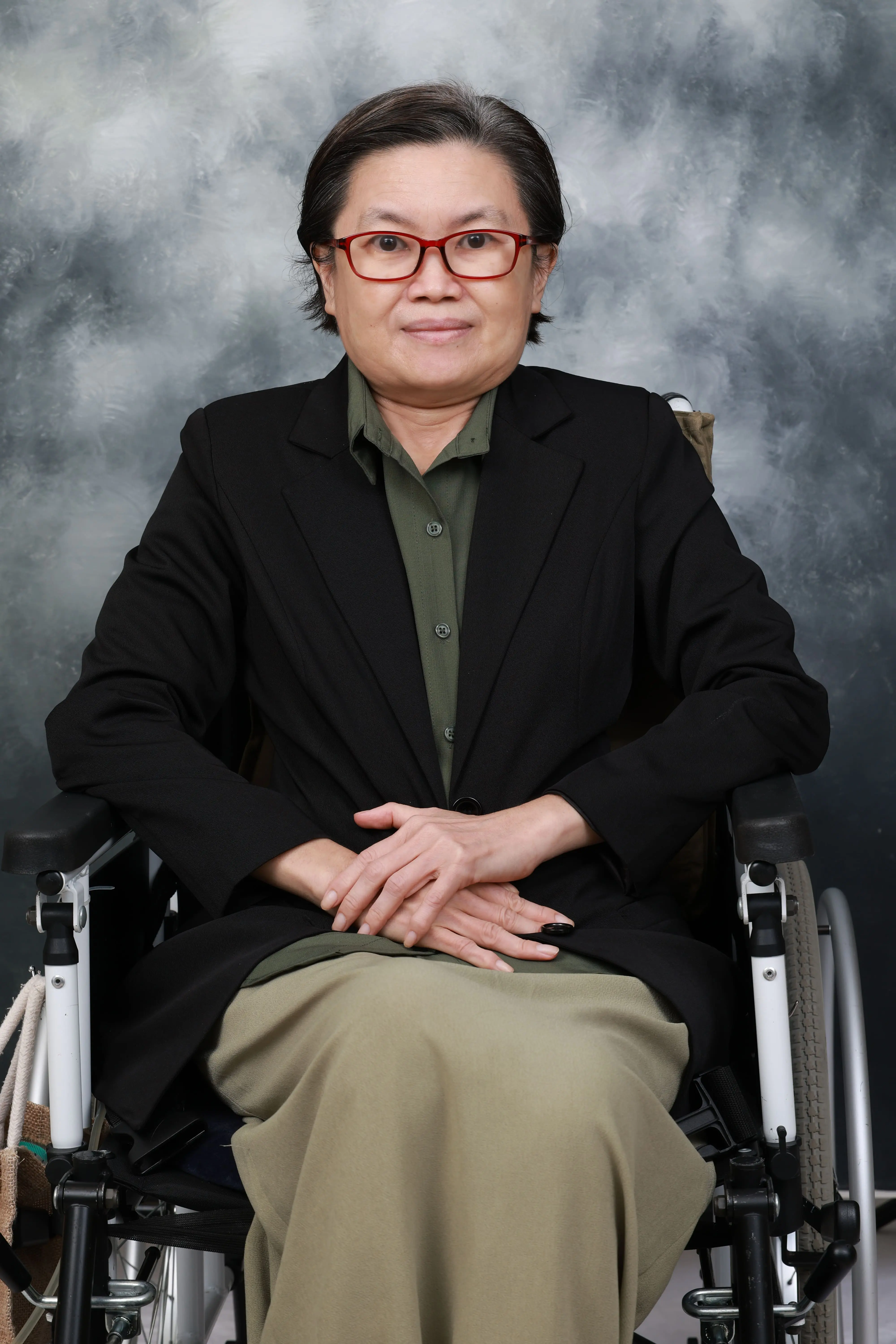


(ODL).png)

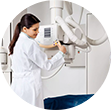








_Public_Health.png)










